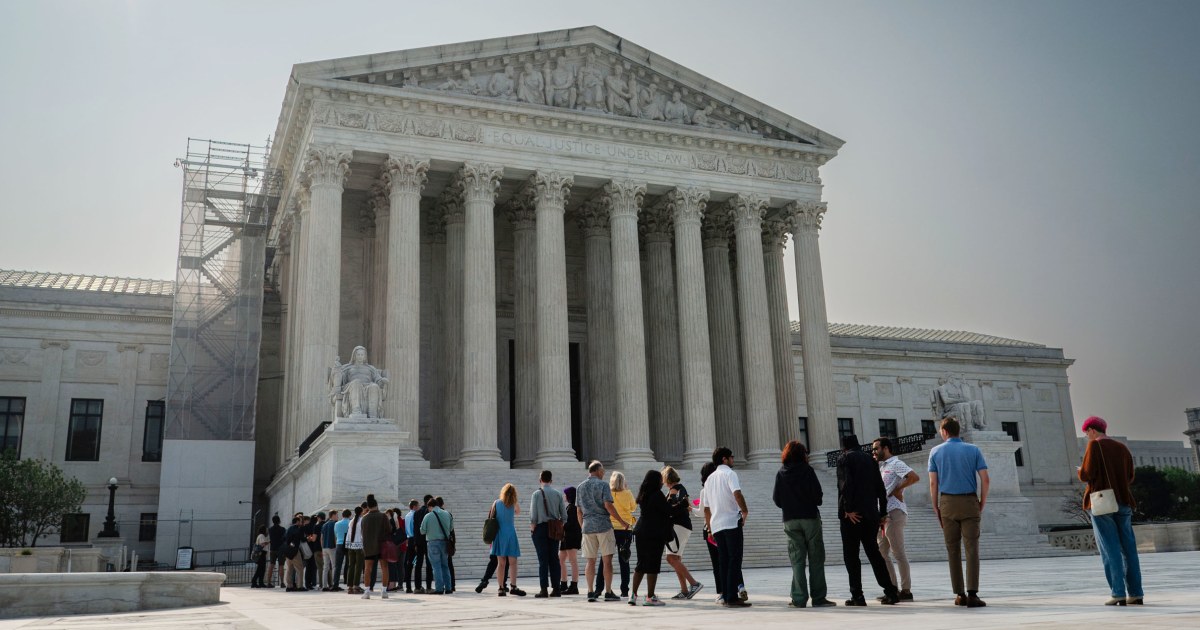Supreme Court wades into social media wars over free speech::Three major issues on the role of social media in society are before the Supreme Court, with oral arguments in the first two cases taking place this week.
Shitty headline. The SCOTUS doesn’t wade into things.
No, they row.
Not that either.
They did for the last 50 years, and now suddenly don’t
Alas.
Does anyone know what is actually at issue? Like, is the main question
Should public figures be allowed to "block" members of the public?I’m a strong believer inRendering that which is Caesar's unto Caesarso Imma have a real hard time accepting as the corrollaryBe blocked by Caesar even as and after you have rendered unto him that which was hisDeosn’t sound like “Caesar rendering that which is yours unto you” is terribky prescient in the current satus quo
That’s one of the three in the article. The other two are, “Should service providers be able to block officials?” and, “Should officials be able to apply pressure to service providers about their policies?”
This is the best summary I could come up with:
The cases feature public officials with significantly lower profiles than Trump: members of a school district board of trustees in Southern California and a city manager in Michigan.
Later in the court’s term, which runs until June, the justices will hear oral arguments over the constitutionality of Republican-backed laws in Florida and Texas that seek to prevent social media companies from banning users for contentious rhetoric.
Finally, the court will consider claims that the Biden administration has unlawfully put pressure on social media platforms to remove content with which it disagrees, a form of coercion dubbed “jawboning” — on issues such as criticism of the government response to the pandemic.
Again, the case raises free speech claims, on this occasion brought by states and individuals asserting the First Amendment right of users to be able to post their chosen content without government interference.
Conservative outrage that led to the Florida and Texas laws being enacted in 2021 was fueled in part by the decisions of Twitter, Facebook and others to ban Trump after his effort to overturn the 2020 presidential election results ended in his supporters storming the U.S. Capitol on Jan. 6, 2021.
In contrast with the previous Twitter management, Musk has allied himself with conservative critics of the platform and allowed various banned users, including Trump, to return, while abandoning efforts to limit the spread of disinformation.
The original article contains 967 words, the summary contains 229 words. Saved 76%. I’m a bot and I’m open source!




